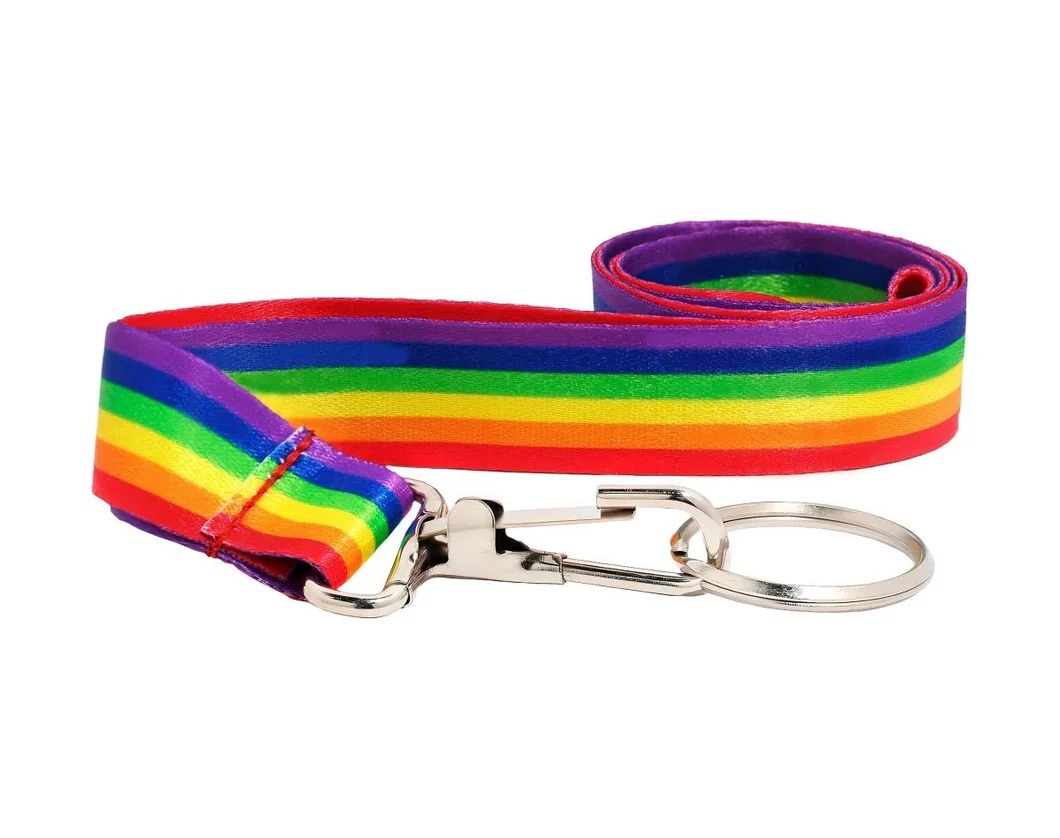Trump Sues California Over Trans Athlete Policies
Lawsuit follows California’s rejection of a federal resolution demanding it bar trans athletes from female sports.

The Trump administration has filed a lawsuit against the California Department of Education and the California Interscholastic Federation (CIF) — the body that oversees high school sports in the state — over policies allowing transgender athletes to compete on teams matching their gender identity.
In the lawsuit, the Department of Justice claims California education officials and the CIF discriminated against female student-athletes by allowing athletes assigned male at birth to compete against them — depriving girls of equal educational and athletic opportunities in violation of Title IX, the federal law prohibiting sex-based discrimination in education. (Under President Joe Biden, the federal government interpreted the law to also protect students from discrimination based on gender identity, not just biological sex.)
The lawsuit argues that by following this interpretation and allowing transgender athletes to compete based on gender identity, the state is “demeaning” female athletes’ accomplishments and “signaling to girls that their opportunities and achievements are secondary to accommodating boys.”
The DOJ is asking a federal judge to rule that California violated Title IX by allowing transgender athletes to compete against cisgender girls, to block the state from continuing the practice, and to award an unspecified amount in damages.
The lawsuit also asks the court to order the California Department of Education and CIF to direct all member schools to ban transgender athletes assigned male at birth from competing as females, implement a compliance monitoring system, and submit regular reports verifying enforcement of the ban.
It further seeks to require the state to create a process for compensating female athletes affected by competing against trans athletes — including correcting past athletic records.
The lawsuit escalates an ongoing battle between the Trump administration and California officials over transgender athlete participation. Trump previously signed an executive order threatening to cut federal funding from states or school districts that allow transgender girls to compete in girls’ sports.
Earlier this year, the U.S. Department of Education launched an investigation into California’s transgender athlete policies, in compliance with Trump’s order. Last month, the department declared the policies violate Title IX and gave the state 10 days to accept a department-drafted resolution: pass a transgender athlete ban, revoke titles or awards earned by trans athletes, and send personalized apology letters to female athletes denied honors after competing against them.
California officials rejected the resolution, arguing that the Trump administration’s interpretation of Title IX — limiting protections to sex assigned at birth — is flawed. They also noted that any ban would violate the state’s civil rights law protecting transgender individuals, and accused the administration of trying to bypass Congress to impose a nationwide ban without legislative approval.
That rejection prompted the Justice Department to move forward with the lawsuit.
Last month, President Donald Trump lashed out over the inclusion of a transgender athlete at the CIF State Track & Field Championships, threatening to impose “large-scale fines” on California in retaliation.
Following Trump’s threat, CIF officials approved a pilot program under which any cisgender girl who places behind a transgender athlete would retroactively receive the placement and awards she would have earned had the trans athlete not competed. Under this system, long jumper, high jumper, and triple jumper AB Hernandez was awarded two golds and a silver medal — “tying” with the athlete who finished directly behind her.
Transgender athlete participation is expected to remain a flashpoint in the year ahead. Earlier this month, the U.S. Supreme Court agreed to hear two cases involving transgender high school athletes — cases that will determine whether such bans are unconstitutional and discriminatory, as critics argue, or legally valid. A decision is expected by June 2026.
Support Metro Weekly’s Journalism
These are challenging times for news organizations. And yet it’s crucial we stay active and provide vital resources and information to both our local readers and the world. So won’t you please take a moment and consider supporting Metro Weekly with a membership? For as little as $5 a month, you can help ensure Metro Weekly magazine and MetroWeekly.com remain free, viable resources as we provide the best, most diverse, culturally-resonant LGBTQ coverage in both the D.C. region and around the world. Memberships come with exclusive perks and discounts, your own personal digital delivery of each week’s magazine (and an archive), access to our Member's Lounge when it launches this fall, and exclusive members-only items like Metro Weekly Membership Mugs and Tote Bags! Check out all our membership levels here and please join us today!



























You must be logged in to post a comment.